You don’t have to move mountains to make progress, but when it comes to moving homes, even a small move can feel like an uphill climb.
Did you know that, according to the U.S. Census Bureau, 27 million Americans move yearly?
Surprisingly, a significant portion of these are not the full-scale relocations you might picture but rather small moves involving only a fraction of a household's belongings.
Think about it: the average American household accumulates over 300,000 items (as estimated by professional organizers), so it's easy to see why moving even a small portion of those possessions can be a big deal.
Small moves have gained traction due to changing lifestyles and needs.
College students moving into dorms, young professionals packing up for a new job, and retirees downsizing to cozier homes all contribute to this trend.
Despite their name, small moves can carry immense importance.
They often require just as much attention as larger moves, albeit with unique considerations and perks.
And here’s where things get interesting: these moves are more than just convenient; they can be savvy financial decisions.
Moving fewer items can save you hundreds, if not thousands, of dollars compared to a full-scale move.
With many people looking to save on their small move without compromising on quality, it is important to understand how to handle the process effectively.
Now, let’s break down what a small move really is, why it might be perfect for your situation.
What Defines a Small Move?
A small move typically involves transporting a limited number of items.
It ranges anywhere from a single room’s furniture to items that don’t require a full-sized moving truck.
It’s often used for moves under a certain weight limit, usually around 2,000 pounds or less.
It doesn't matter if you are a college student relocating for school or just shipping some cherished items across the state; a small move can be an ideal solution.
Why Opt for a Small Move?
Here’s why a small move might be the best option for you:
Cost-Effective: Traditional moving services can be expensive, particularly for full-sized homes.
A small move allows you to save on your small move by only paying for the space and services you actually need.
This can be especially beneficial for students or those on a tighter budget.
Flexibility: Unlike larger moves that might require extensive planning and scheduling, small cross-country moves can be made with more flexibility.
Some moving services even offer consolidated shipping, where your items are transported alongside other shipments heading in the same direction.
Less Stress: With fewer items to handle, there’s naturally less packing, fewer logistics, and less overall stress.
The Ideal Situations for a Small Move
To help you understand if a small move fits your situation, you can check these common scenarios:
College or University Moves
Students moving to or from dorms, apartments, or shared housing typically have less than a household's worth of belongings.
A small move service caters perfectly to these situations.
Relocating to a New City for Work: Sometimes, relocating for a job doesn’t mean moving your entire home.
If you’re moving to a new city with only the essentials, a small move service can be exactly what you need.
Shipping Furniture or Specialty Items: If you have sold a piece of furniture or want to send family heirlooms to another state.
You can go for a small move to check your items are transported safely and affordably.
How Does a Small Move Work?
The process for arranging a small move is straightforward:
Inventory Assessment: The first step is to create a detailed inventory of the items you plan to move.
Companies may require weight estimates or a general idea of space usage to give you an accurate quote.
Choosing the Right Service: Not all moving companies provide small moves cross country, so it’s essential to choose a service that specializes in these types of moves.
Some companies even offer “load sharing,” where they transport your items with other shipments heading in the same direction.
Packing and Prep: While some services offer packing as an add-on, you might want to handle this to save on small move costs.
Packing efficiently and securely is key.
Smaller loads often need to be stacked with care for long-distance transport.
Scheduling and Delivery:
Once your items are packed and ready, the company will schedule a pickup and provide an estimated delivery window.
Because small moves often use shared space, exact delivery dates can vary.
How Much Does a Small Move Cost?
You are probably wondering, “How much does a small move really cost?”
The answer can vary, but let's break it down so you clearly understand what to expect.
The Basics of Small Move Pricing
The cost of a small move usually ranges from $200 to $2,500 or more.
For local, smaller moves (under 50 miles), you might be looking at the lower end of this range, while long-distance moves will push you toward the higher end.
| Type of Move | Average Cost |
|---|---|
| Local Move (under 50 miles) | $200 - $600 |
| Mid-Distance Move (50-500 miles) | $600 - $1,500 |
| Long-Distance Move (over 500 miles) | $1,500 - $2,500 or more |
Additional Costs to Consider
Let’s not overlook some of the additional charges that could come up:
Stairs and Elevator Fees: If movers need to haul items up flights of stairs or use an elevator, there may be extra charges ranging from $50 to $100.
Long Carry Fees: If the moving truck can’t park close to your new home and movers have to carry items to a distance. You can expect to pay around $75 to $150 for this service.
Storage Options: Sometimes, you might need temporary storage during your move.
Storage rates can vary, but you'll pay $50 to $300 per month on average.
| Additional Service | Average Extra Cost |
|---|---|
| Packing Services | $100 - $400 |
| Specialty Item Handling | $100 - $500+ |
| Stairs/Elevator Fee | $50 - $100 |
| Long Carry Fee | $75 - $150 |
| Storage (per month) | $50 - $300 |
Sample Cost Breakdown for a Small Move
To put it all together, here’s what a sample breakdown might look like for a small move of a one-bedroom apartment across 300 miles:
| Service | Estimated Cost |
|---|---|
| Base Moving Fee | $700 |
| Packing Services | $150 |
| Specialty Item Handling (e.g., fragile artwork) | $200 |
| Insurance Upgrade | $50 |
| Stairs Fee | $75 |
| Total Estimated Cost | $1,175 |
Factors That Affect the Cost of a Small Move
Distance of the Move: A move within your city will be less expensive than a small move across the country.
Weight and Volume of Items: Most moving companies base their rates on the total weight of your belongings or the space they take up in the truck.
The more items you have, the higher the cost.
You will save on your small move if you move only what you need.
Packing Services: If you need help packing, many companies offer this as an add-on service.
Packing services can add anywhere from $100 to $400 to your move.
Specialty Items: Moving unique or fragile items like pianos, antiques, or artwork?
These often require special handling and packing materials, which adds an extra $100 to $500 or more to your costs.
Timing and Seasonality: Did you know that moving during the peak season (summer months, weekends, and end-of-month periods) can cost significantly more?
You can often save on your small move by choosing an off-peak time, like a weekday during the fall or winter.
Insurance Coverage: Basic valuation coverage is often included, but if you want full replacement value insurance, expect to pay an extra 1% to 2% of the total declared value of your items.
Tips to Reduce Costs on Your Small Move
If you are looking to keep expenses down, here are some handy tips:
Declutter Before You Move: Only take what you truly need. This will reduce weight and volume and help you save on your small move.
Pack Yourself: While professional packing services are convenient, doing it yourself can shave off a significant amount of money.
Be Flexible with Dates: If possible, choose mid-week or off-season moving dates.
Moving in the middle of the month can also be less expensive than at the end of the month.
Get Multiple Quotes: Don’t settle for the first quote you receive.
Reach out to at least three moving companies that specialize in small moves cross country to compare rates and services.
How to Choose the Right Small Move Company
When selecting a company, make sure to ask about their specific experience with small moves cross country.
Look for:
Specialized Equipment: Does the company use smaller trucks or offer shared space transport?
Insurance and Safety Measures: Always check your belongings are covered during the move.
Reviews and Recommendations: Trustworthy companies will have positive reviews and customer feedback.
What Are the Challenges of Small Moves?
While small moves have plenty of advantages, they are not without their challenges:
Limited Availability: Not every moving company offers small move services, especially for long-distance transport.
Timing Flexibility: Since many small moves use shared space, there might be a longer wait for delivery than with a dedicated truck.
Packing Concerns: Because space can be tight, improper packing can lead to damage. Make sure you are using proper packing techniques to protect your items.



















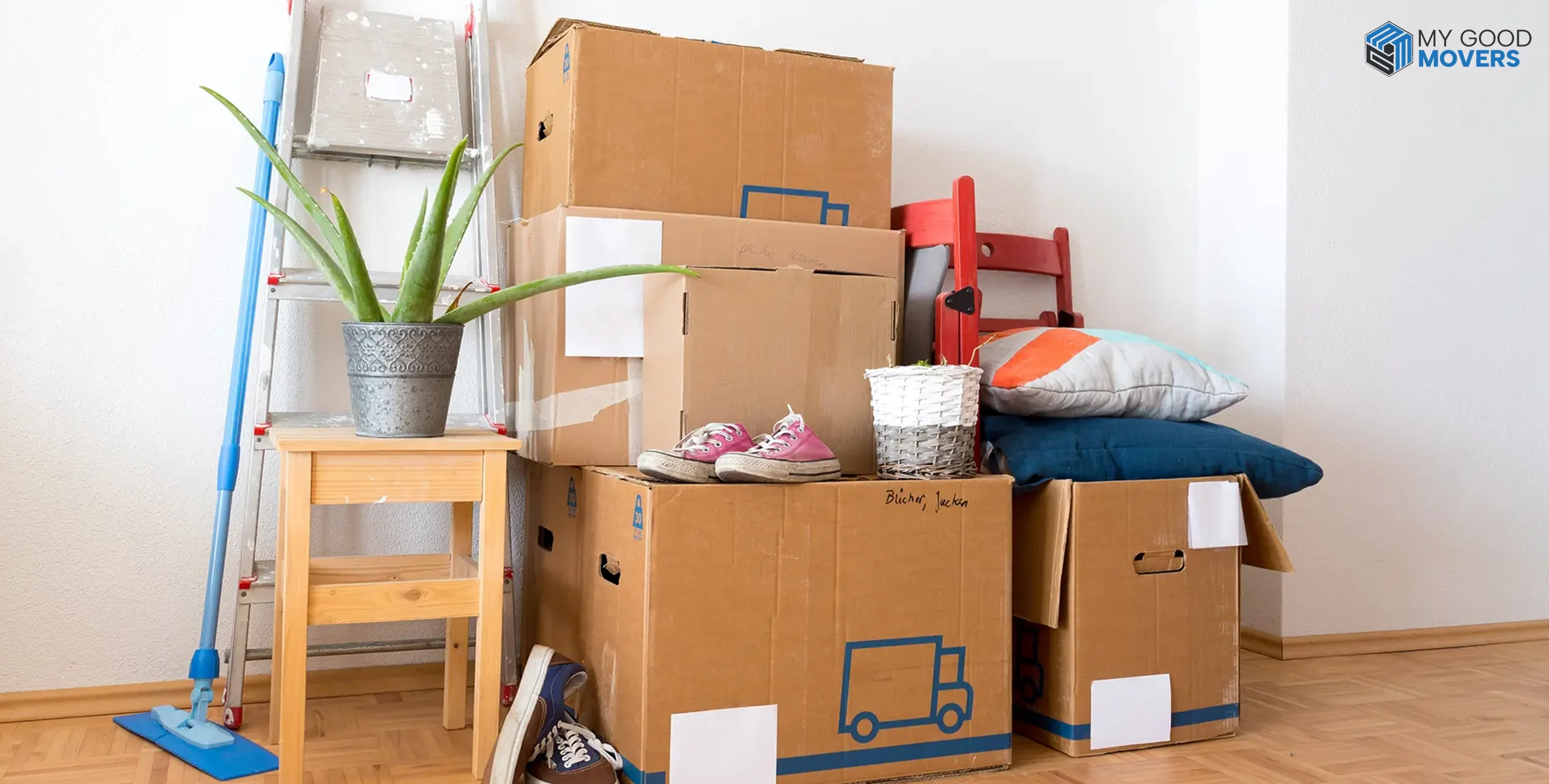
















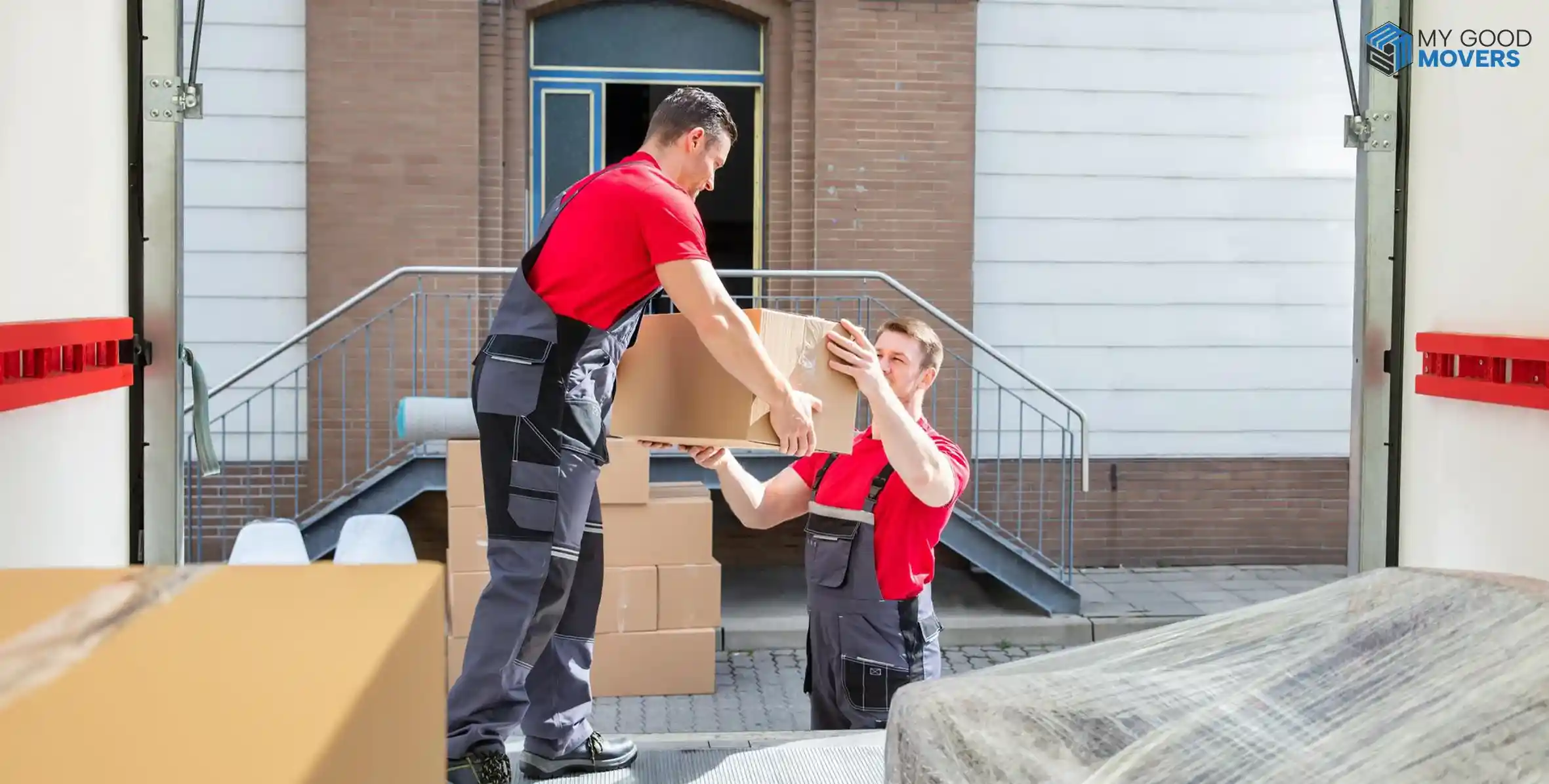


















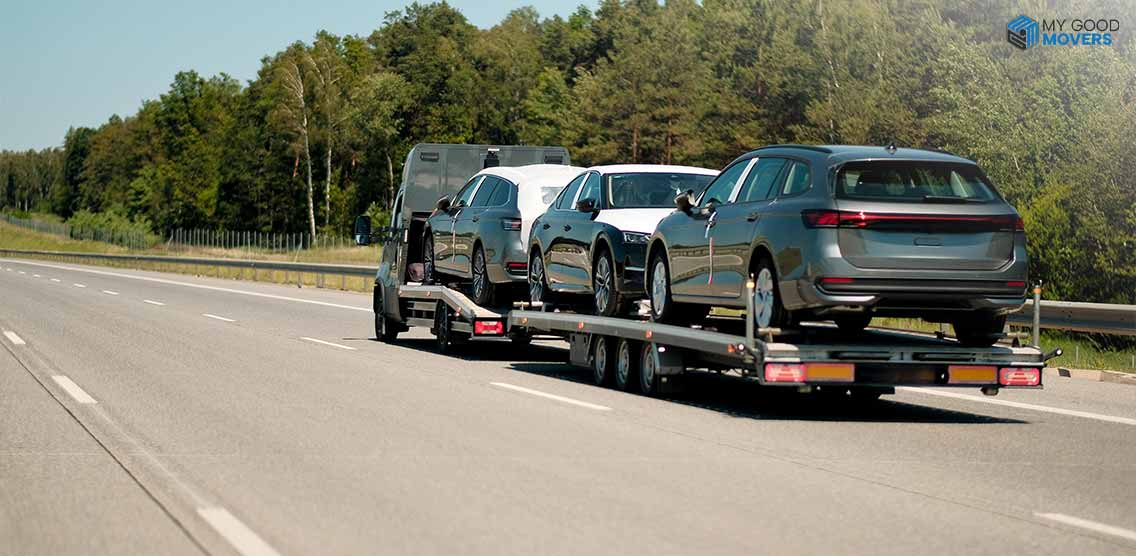
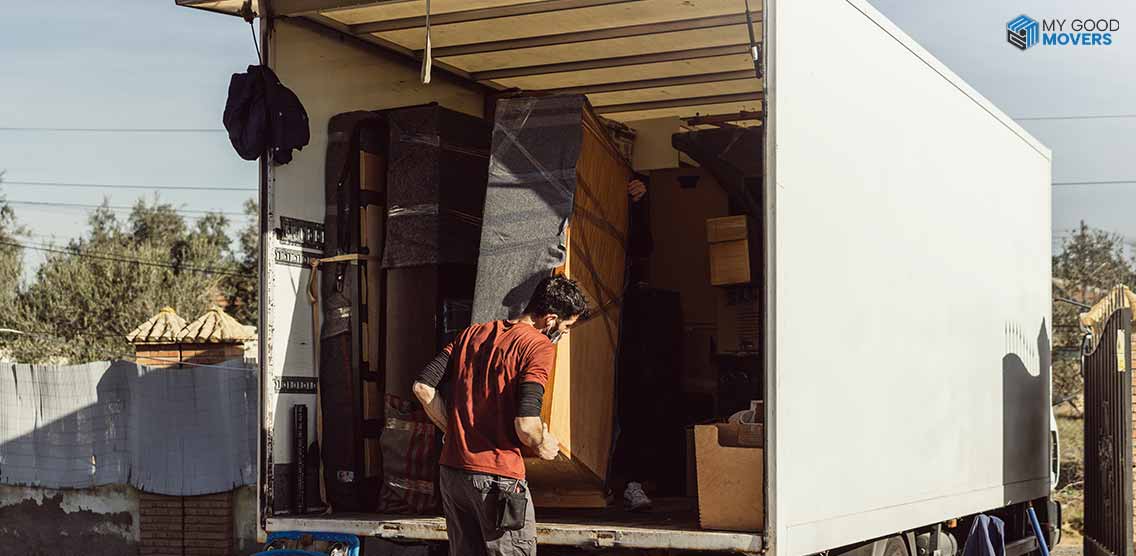



















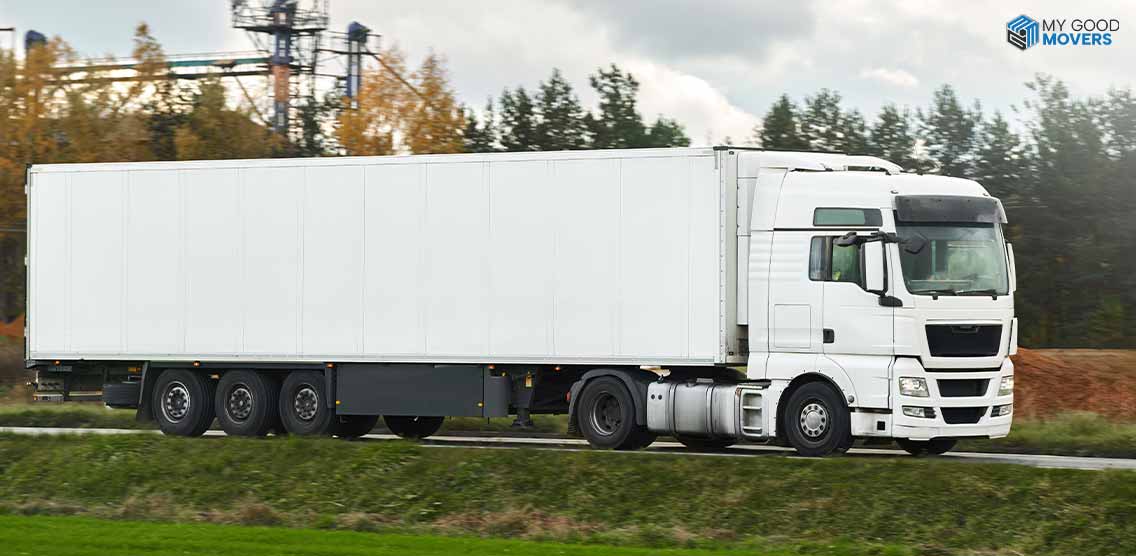







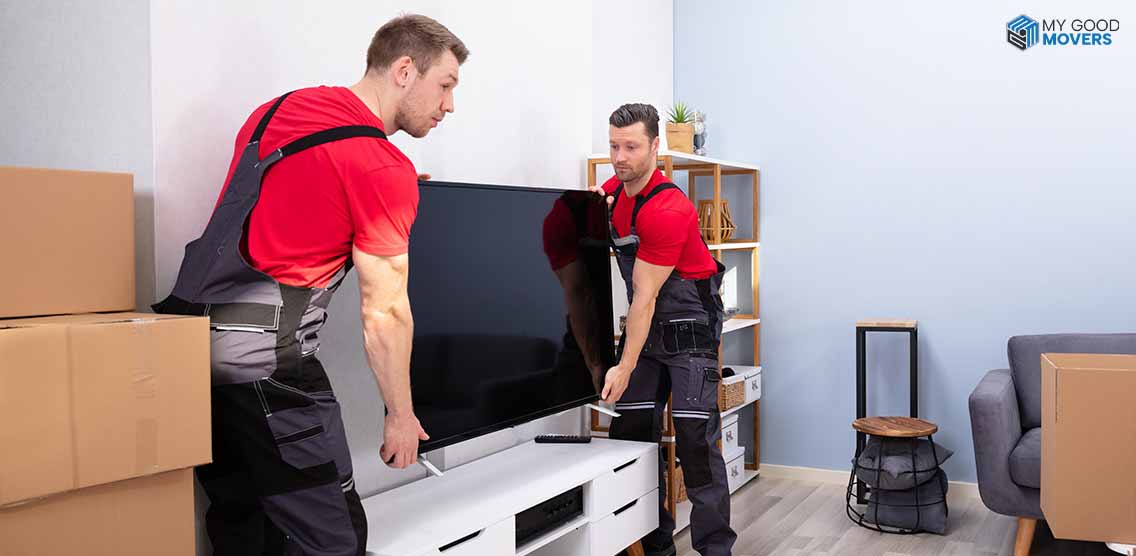











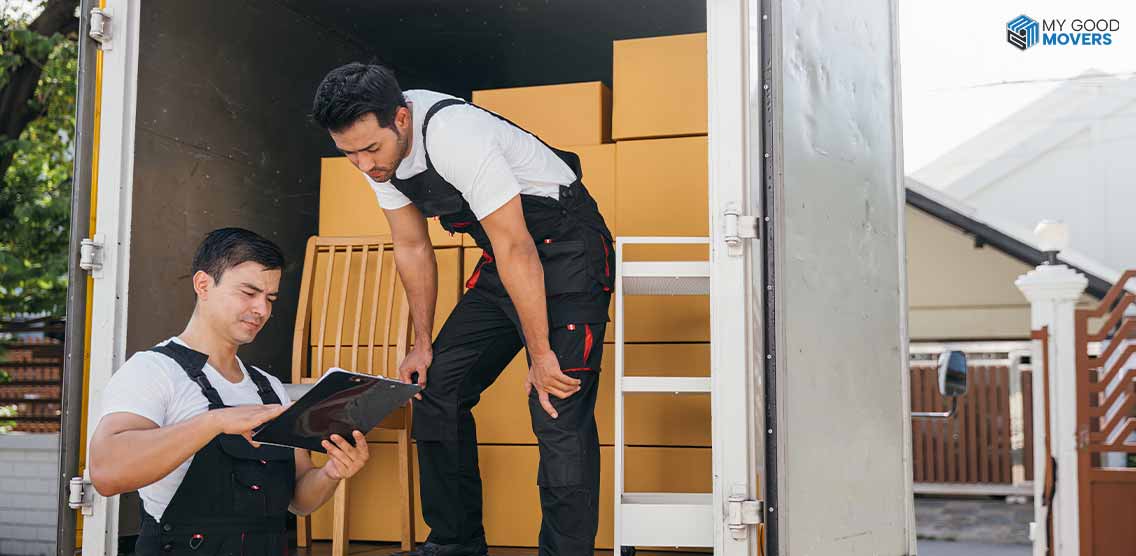

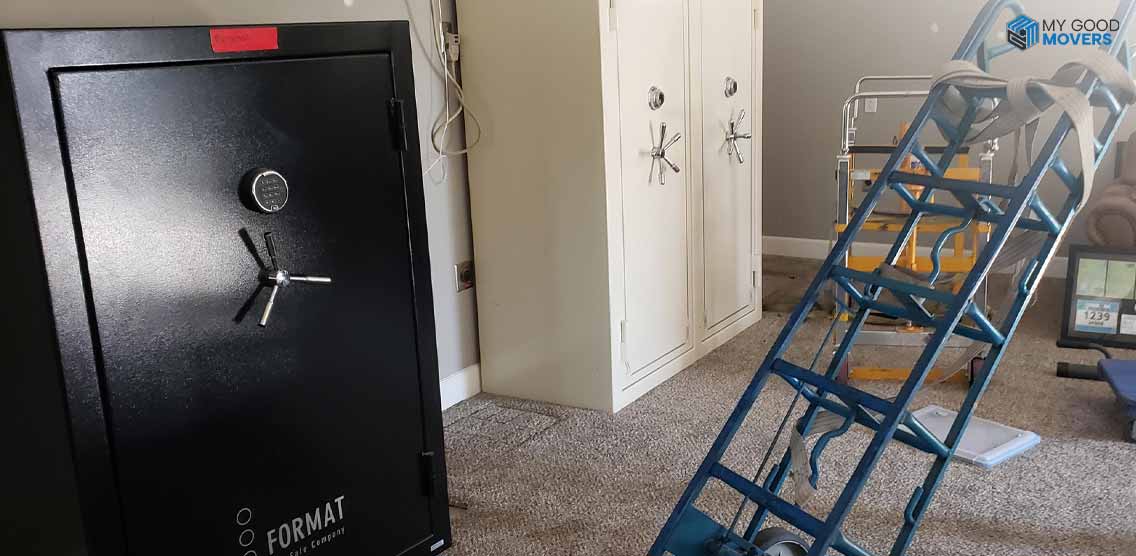









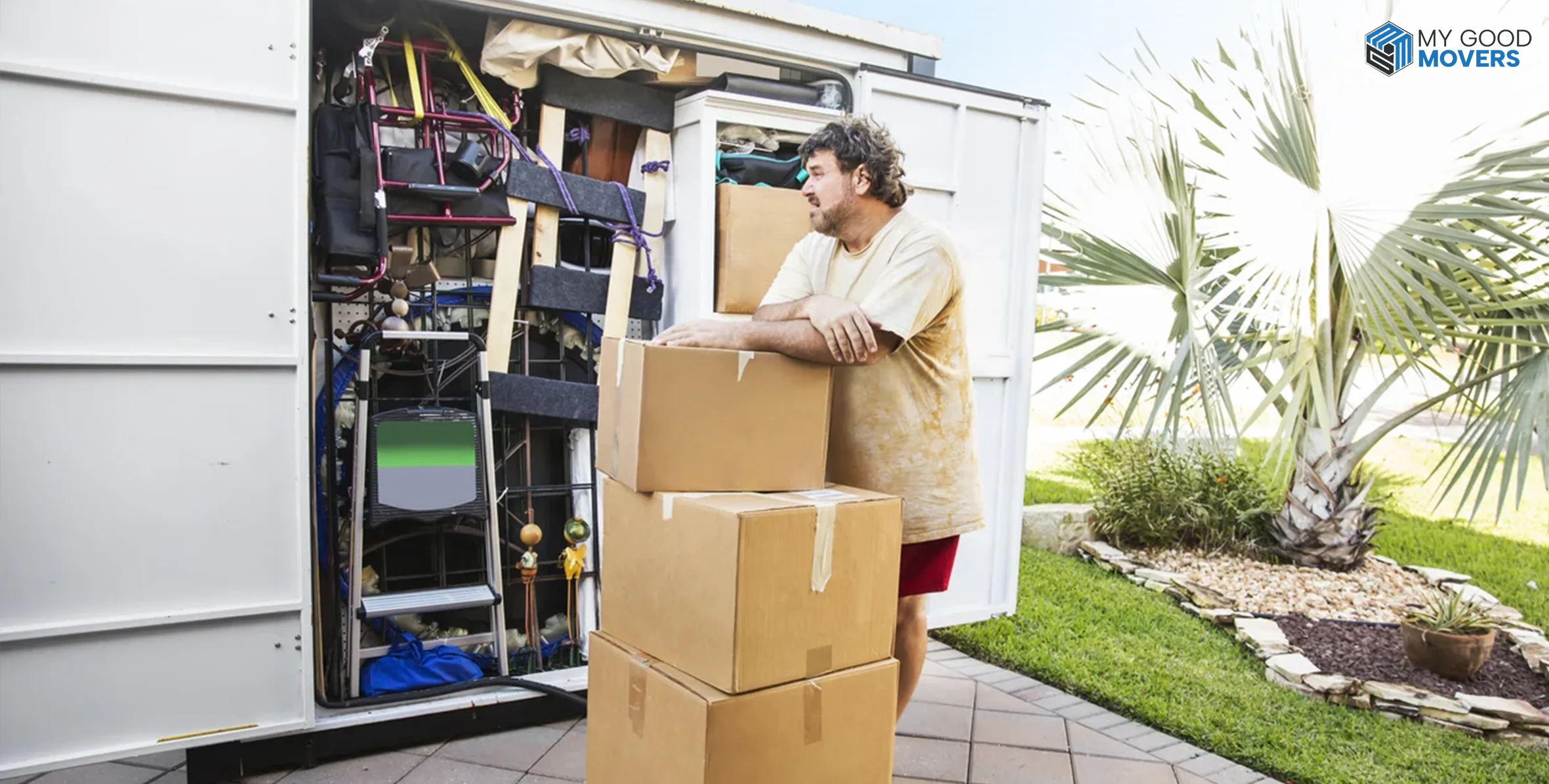
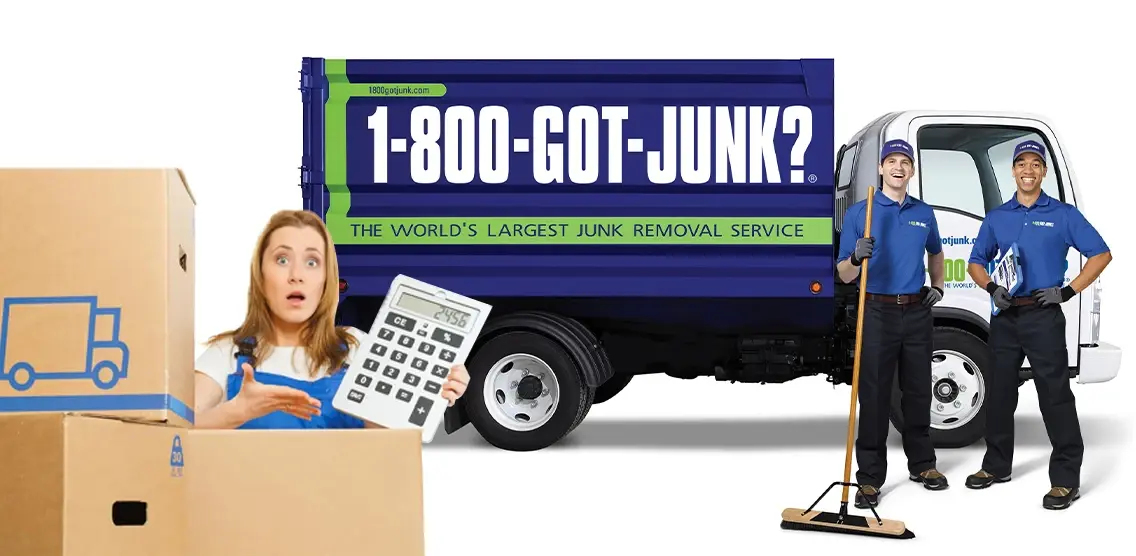
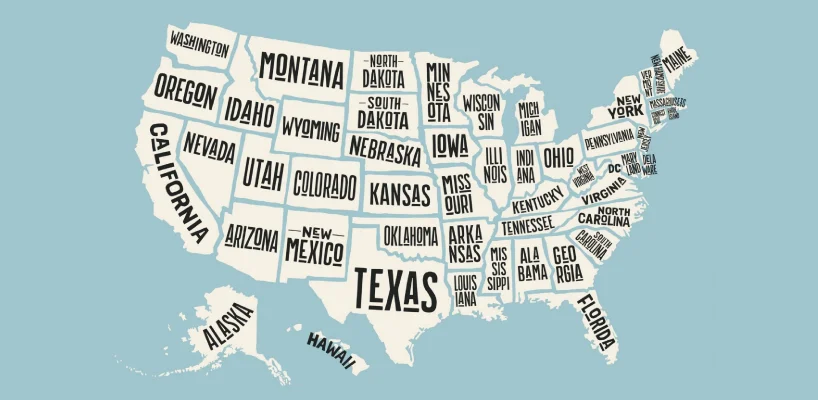

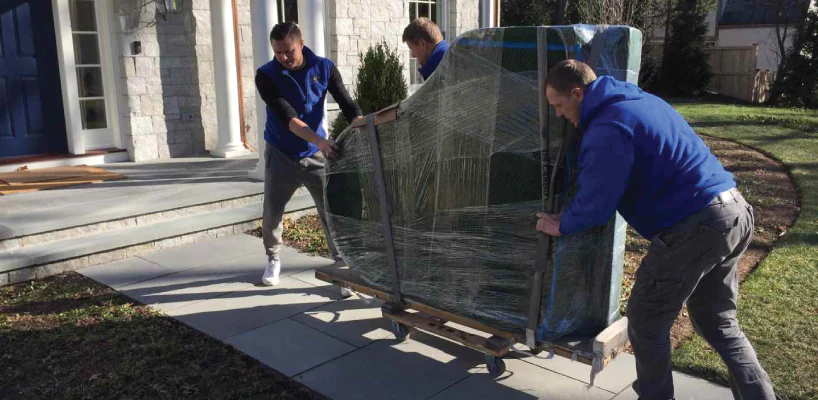



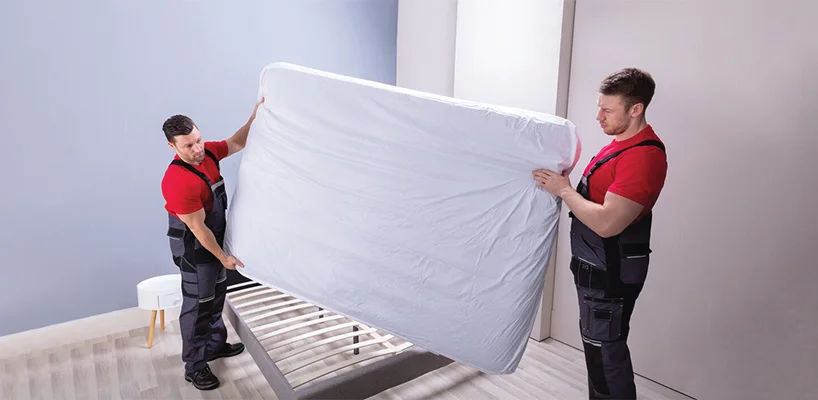
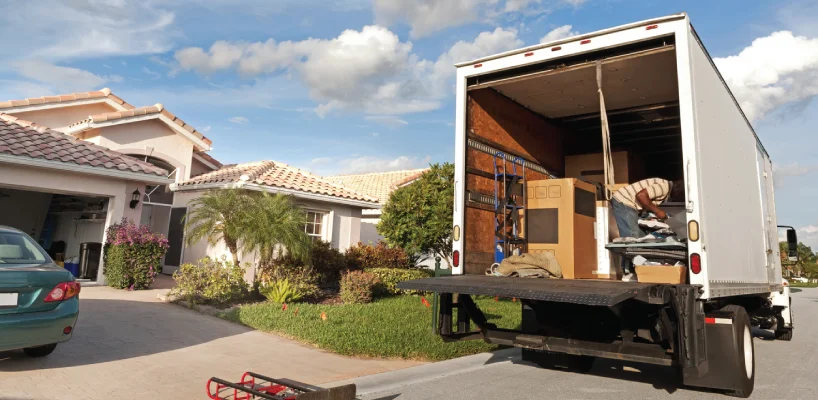




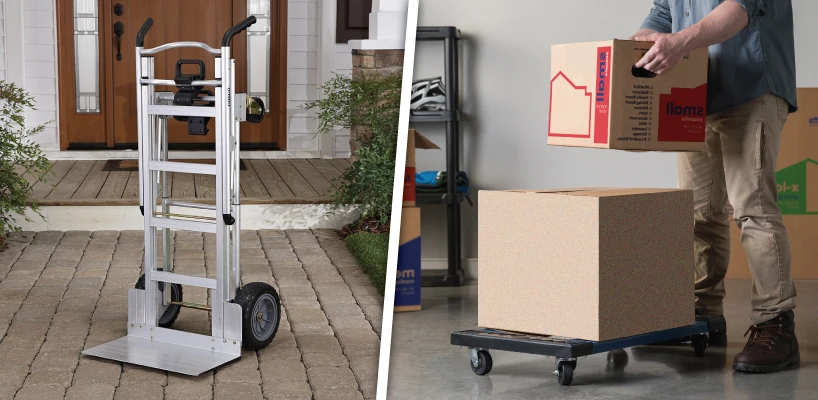
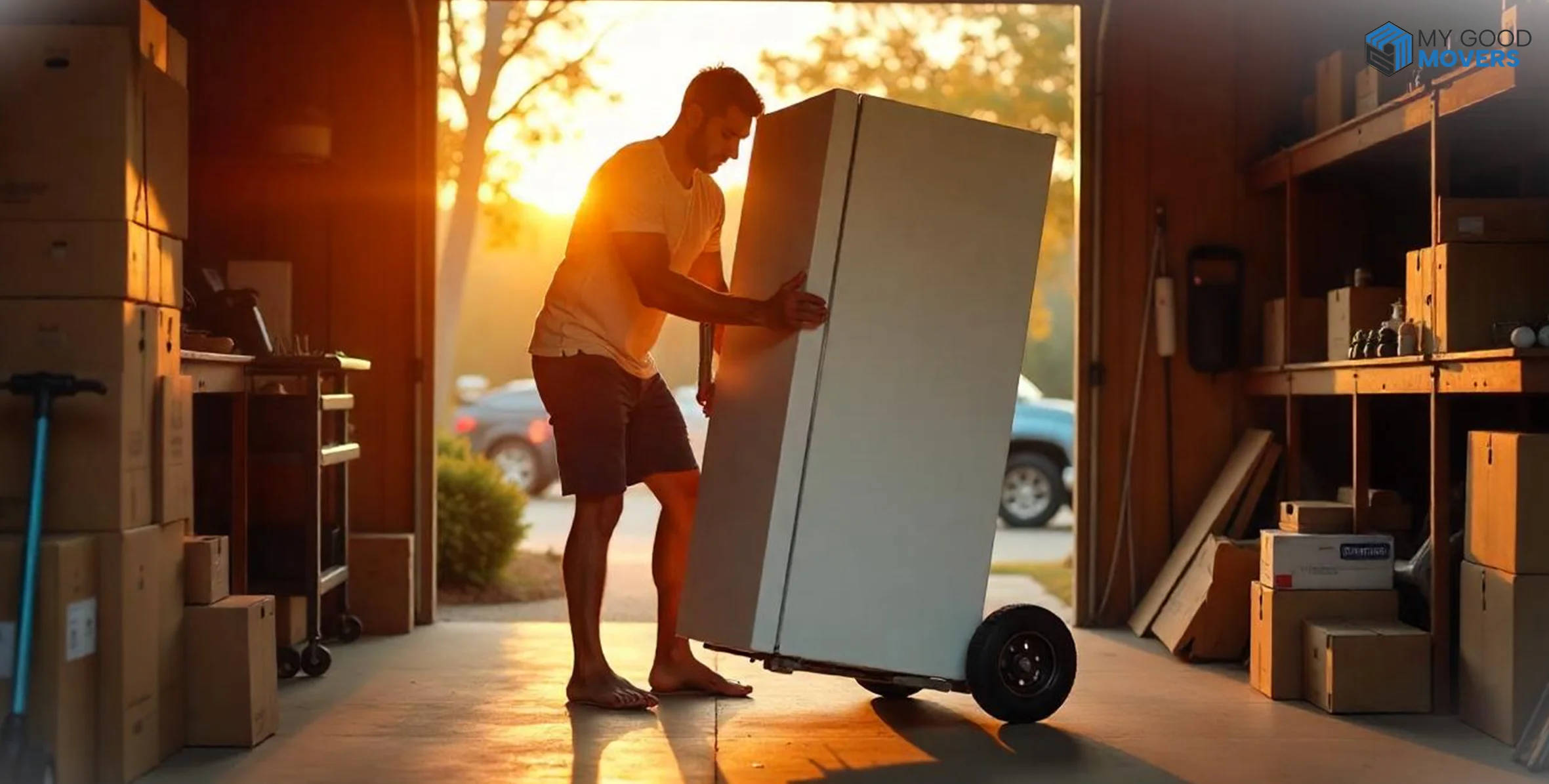
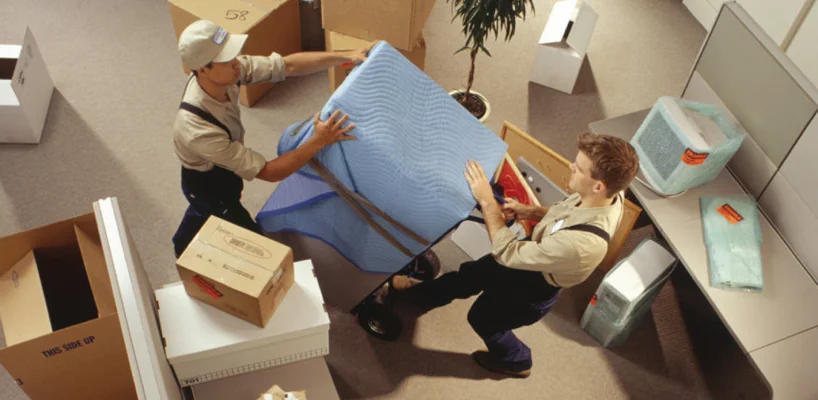


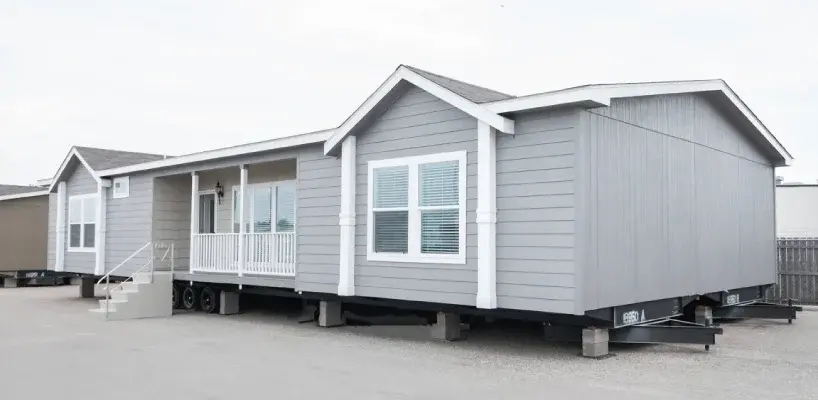


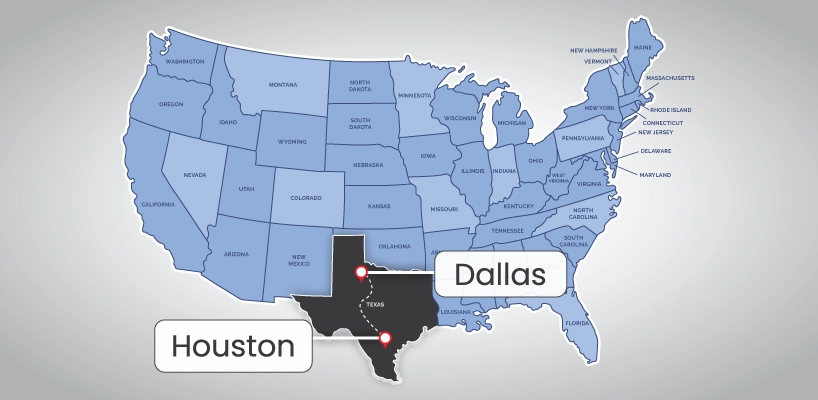


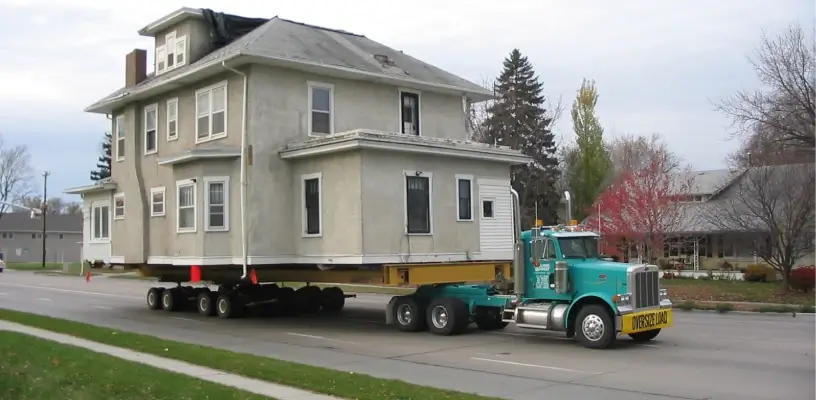
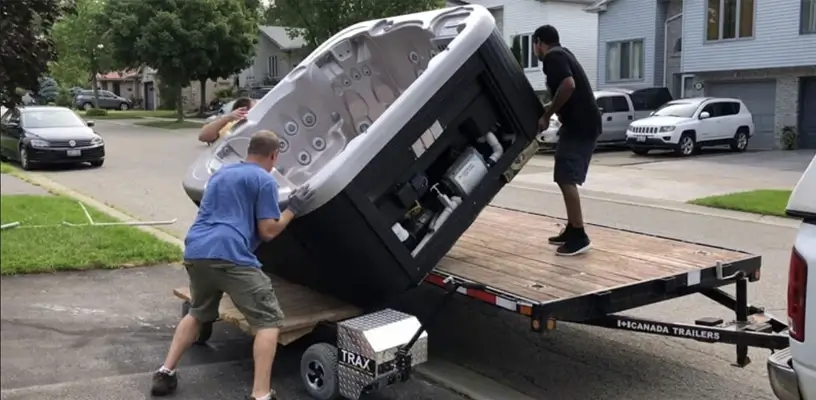




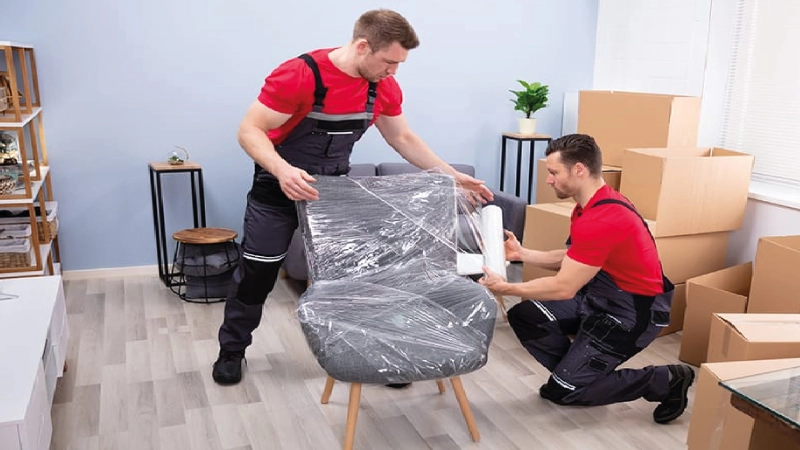

 (239) 799–6077
(239) 799–6077